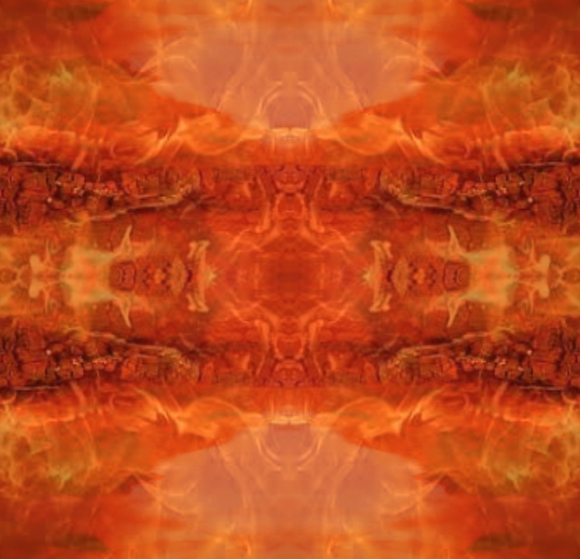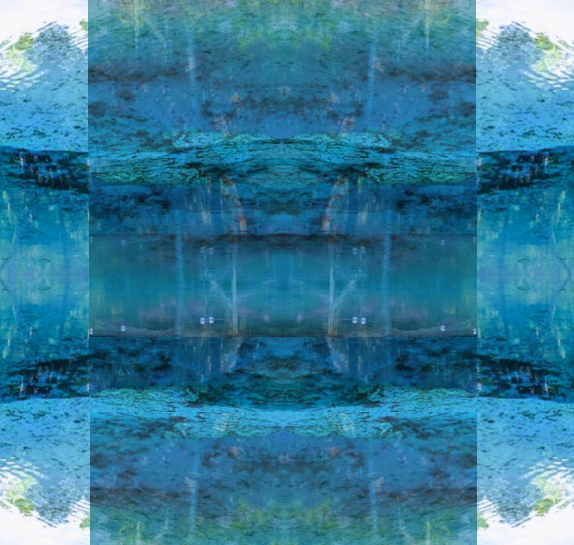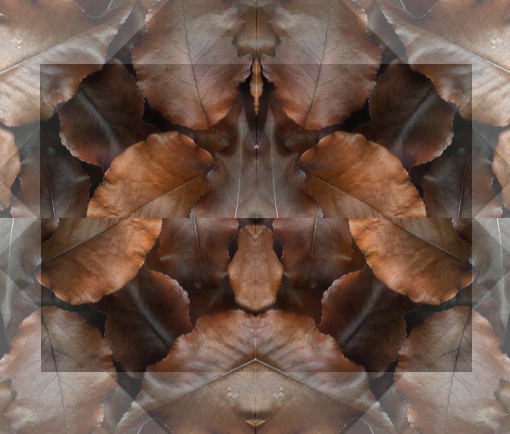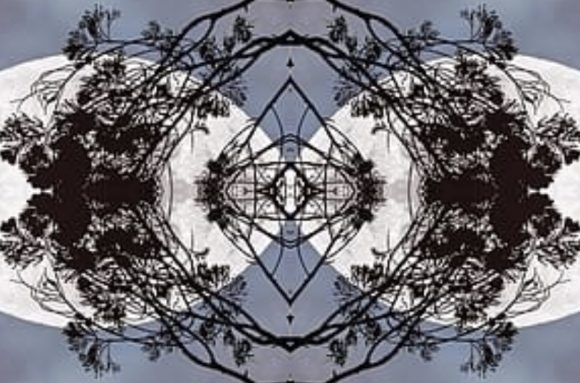A little into The Dream and the Underworld, when he discusses the relationship between the day world and the night world, Hillman makes yet another suggestion that is an instance of the technique of “perspective reversal”. This time it is about the shadow (in its Jungian understanding of the term).
Since the movements of the body and its shadow are simultaneous and inseparable, that is, co-relatives, who is to say which comes first, the act or the shadow? […] we project the cause of our shadow formation on to the more solid heroic ego. But perhaps it works as well the other way around. I and my shadow are born together and act together always. It is just as valid to convert our usual way of thinking, “I cast a shadow”, into the proposition, “my shadow casts me”. (DU 57)
1. Now, compared to the earlier examples of perspective reversal I discussed (such as “I have the dream” vs. “the dream has me”) there is no phenomenological support for this idea that “the shadow casts me”. There is no concrete experience to back it up: whereas we all know from our own dreams what it is like to walk around in a dream scene, and understand that dreams are something that more or less happen to us (very similarly to the events in the external world, which also frequently simply happen to us) rather than being created by us, the whole idea that a shadow casts us is hard to make sense of.

It’s true, in everyday life, “we” do not cast a shadow, in the sense that we’d deliberately do something: a shadow is something that appears without our doing (whenever there are the right lighting conditions), and it will have some characteristic shape that resembles the person who casts it somewhat, again without our deliberate doing. Seen this way, “we” do not cast shadows any more than “we” have dreams.
But as I have pointed out before, the notion that it is me who has the dream has mostly to do with who it is who reports the memories of the dream, e.g. in a conversation later on in the day. That person who has the memories and recounts them is naturally the one to whom we assign the dream. Similarly, the person who casts the shadow can easily be identified, and usually in contrast to other people in the room (who may have their own shadows, but clearly don’t cast mine).
In the case of dreams, however, there is a second perspective — equally natural — from which I experience the dreams. That is the perspective of being “inside” the dream, and the perspective reversal move is backed precisely by that experience and its phenomenology. Being in a dream is akin, in that regard, to being in a fantasy, re-living a memory, or being immersed in a movie or novel.
What would be the equivalent in the shadow case? What is it like to be cast as a person by a shadow? On the level of everyday experience there is no such thing (as far as I can make out).
2. But there is also a metaphorical sense to the whole notion of a shadow, and its relationship to the person: in Jungian terms, there is the notion of one’s shadow vs. persona. And when we take the shadow from that perspective, there arguably is an experience which can back up the perspective reversal.
According to Jung, the shadow is a deep psychological pattern which runs, roughly, like so: when we live our lives (especially during their first half), we develop some aspects of our unique mix of personality attributes — those attributes which come in handy for our goals, careers and the like; and we suppress some other attributes which stand in our way. Thus, for example we might develop our ability to charm people (because it helps) but suppress our playfulness and sense of freedom (because it hinders). Those latter, suppressed attributes sooner or later become unconscious — we’re no longer even aware that they belong to our unique personal make-up. They have been pushed into the shadow.
Note how this Jungian view is different from popular views nowadays, which have appropriated the term “shadow” for something much more shallow: nowadays, practically any unpleasant behavior or emotion is liberally assigned to “my shadow side”. But that is not what Jung meant: if you’re easily aware of it (and especially if you openly admit to it), it is not part of your shadow, but rather your persona. Shadows, by definition, are unconscious — and it takes quite some hard and difficult work (and personality change) to make them conscious.
Suppose, for instance, that people tell you that you have an irritable temper and start raising your voice for no good reason frequently. Suppose you get that kind of feedback often, from various sides (and from people whom you trust) — but somehow, you think they’re all wrong. They must be mistaken: you’re always feeling calm and controlled, and when you get that sort of feedback, you can always point to how overly sensitive they all are. That’s a shadow. (For of course, they are right: they’re seeing something you are unconscious of.)
Now, a (real Jungian) shadow might be something you experience as something alien, as a part of yourself that drives or even possesses you. You’re dimly aware that there is something in your thoughts, emotions, behaviors that doesn’t come from your conscious choices, and sometimes you cannot stop it even though you know it’s happening and realize that “this is not really me”. Those are only episodes, of course. (In most people, such episodes are shorter and much less frequent than consciously controlled behavior, i.e. ego-driven thinking, feeling, and behaving. There are some persons, however, whose unconscious tendencies have mostly taken over.) But they are an example where the tables between ego and shadow are turned; and it is a kind of experience which we might well express by saying that “my shadow casts” me.
3. On closer examination, however, this is not a plausible view, both in itself and as an interpretation of what Hillman is driving at.
For one thing, we must not forget that, just as the shadow consists of mostly unconscious personality parts, so does the persona. The persona, as Jung points out, is just the “mask of the collective psyche” (GW VII, §§245, 246); it is nothing truly individual, but merely a set of behaviors designed to adapt to whatever our surroundings require from us. Thus, just as shadow components might unconsciously drive us, so may persona elements (compare what Jung says about the “identification with one’s office or title” at GW VII, §230). The experience of being driven by unconscious tendencies thus has much broader sources: it is not a phenomenological pointer to “the shadow casting me”, but more a very general experience vis-a-vis the unconscious, broadly conceived (i.e. comprising, not only the shadow and persona, but all kinds of psychic elements).
For Hillman, too, this phenomenology (the experience of being driven by shadow components) seems not the entry point to this notion of perspective reversal. His point is rather a radical re-interpretation of the ego’s career itself: as something derivative instead of a self-determined path. (Hillman often narrowly identifies the ego with the subject of a hero’s journey, and therefore interprets a path which the ego “chose” as one that would unconsciously comply to that archetypal narrative.)




[…] have started to look at Hillman’s suggestion that the ego, rather than casting a shadow, is itself cast by the latter; and I have noted that this suggestion comes within a larger endeavor on his part to re-interpret […]